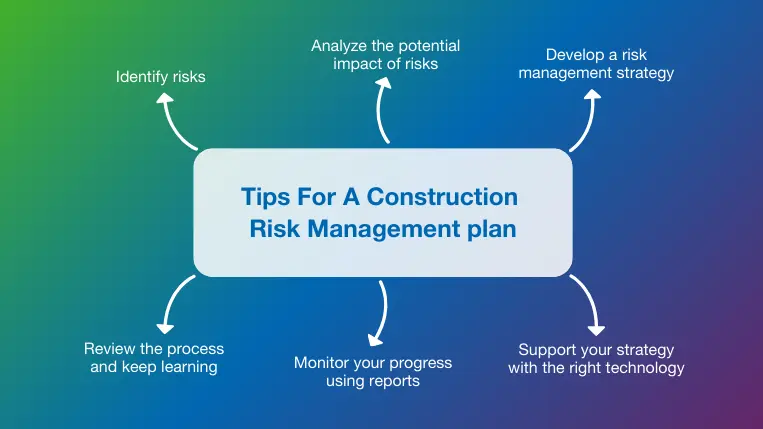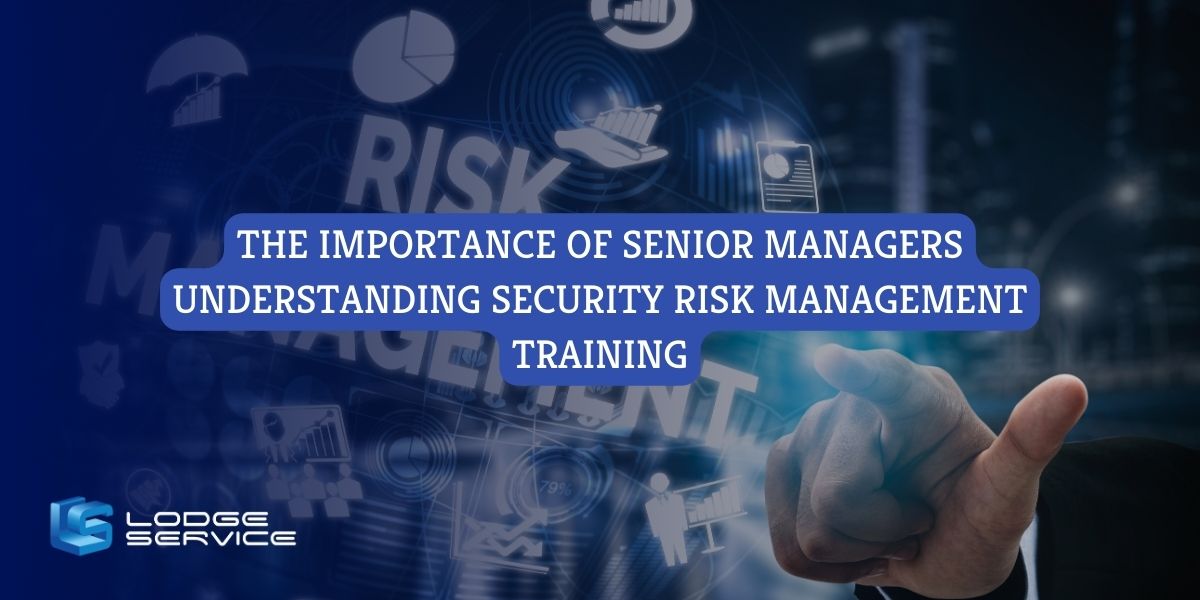Enhancing Business Efficiency Through the Importance of Risk Management
Enhancing Business Efficiency Through the Importance of Risk Management
Blog Article
Discovering the Relevance of Risk Management for Effective Decision-Making Methods
In the elaborate globe of organization, Risk Management becomes a vital element in the decision-making process. The capacity to determine prospective risks and opportunities, and plan accordingly, can lead to the distinction between success and failing. With tools such as SWOT and PESTEL, organizations are equipped to make enlightened choices, cultivating durability and flexibility in an ever-changing environment. Wondering how this functions? Allow's unpack the characteristics further.
Understanding the Principle of Risk Management
Risk Management, an essential component in decision-making, is often misinterpreted or oversimplified. Typically, it refers to the identification, assessment, and prioritization of dangers to minimize, keep an eye on, and control the chance or impact of unfortunate events. It's not simply regarding avoiding unfavorable end results, however likewise concerning recognizing potential possibilities. Risk Management includes regimented and organized methods, utilizing data and informative assessments. It calls for a comprehensive understanding of the organization's context, purposes, and the possible threats that can obstruct them. From economic uncertainties, lawful obligations, tactical Management mistakes, to accidents and all-natural calamities, it resolves different threats. Importantly, efficient Risk Management is not stationary; it's a constant, progressive process that evolves with transforming conditions.
The Role of Risk Management in Decision-Making Processes
In the realm of critical preparation and organization procedures, Risk Management plays an indispensable role in decision-making procedures. Risk Management hence ends up being an important tool in decision-making, helping leaders to make informed options based on an extensive understanding of the dangers involved. Risk Management serves as an important element in the decision-making processes of any organization.

How Risk Management Improves Strategic Planning
In the context of tactical preparation, Risk Management plays a crucial duty. Launching with the identification of potential dangers, it additionally includes the implementation of Risk mitigation measures. The function of Risk Management is vibrant yet not static, as it demands constant surveillance and adjusting of strategies.
Recognizing Possible Dangers

Implementing Risk Mitigation
Having actually established the value of recognizing potential threats, the following action is to check out Risk mitigation. This process involves establishing and executing approaches to manage recognized risks properly. It is an important facet of tactical planning as it boosts decision-making by minimizing prospective negative end results. Risk mitigation techniques can range from Risk avoidance, Risk transfer, to risk decrease. Each strategy needs to be hop over to these guys tailored to the details Risk, considering its potential impact and the company's Risk resistance. Reliable Risk mitigation requires a deep understanding of the Risk landscape and the potential influence of each Risk. This understanding allows companies to focus on risks and designate resources effectively, ensuring that the most significant risks are addressed initially.
Monitoring and Readjusting Strategies
Though Risk mitigation is an essential step in critical planning, continual monitoring and change of these approaches is similarly important. This recurring procedure permits companies to identify brand-new dangers and reassess existing ones, making sure the implemented techniques remain effective in the ever-changing company environment. It additionally offers an opportunity to review the success of the Risk Management measures, allowing adjustments to be made where required, additional enhancing calculated planning. Effective surveillance and modification call for making use of analytics and crucial efficiency indications (KPIs) to measure performance. These tools give beneficial data-driven understandings that can educate tactical decision-making. For that reason, tracking and changing Risk Management methods is a critical component for improving an organization's resilience and strategic preparation.
Case Researches: Effective Risk Management and Decision-Making
In the world of organization and money, successful Risk Management and decision-making commonly serve as the columns of prosperous enterprises. These cases highlight the value of astute Risk Management in decision-making processes. These instances underscore the vital duty of Risk Management in strategic decision-making.
Devices and Techniques for Reliable Risk Management
These tools, such as Risk registers and warm maps, aid in recognizing and assessing possible threats. Risk reaction techniques, an essential part of Risk Management, entail approving, avoiding, transferring, or mitigating threats. With these devices and methods, decision-makers can browse the facility landscape of Risk Management, consequently assisting in educated and effective decision-making.
Future Fads in Risk Management and Decision-Making Techniques
As we discover the huge landscape of Risk Management, it becomes noticeable that the strategies and devices utilized today will certainly proceed to progress. The principle of Risk society, where every member of an organization is mindful and involved in Risk Management, will certainly gain extra importance. These patterns you could try here proclaim an even more aggressive and inclusive technique in the direction of Risk Management and decision-making.
Verdict

Risk Management thus becomes an important device in decision-making, assisting leaders to make informed choices based on a comprehensive understanding of the threats entailed. Risk mitigation methods can range from Risk evasion, Risk transfer, to take the chance of decrease (importance of risk management). Efficient Risk mitigation needs a deep understanding of the Risk landscape and the potential influence of each Risk. Risk feedback strategies, a vital element of Risk Management, involve approving, staying clear of, moving, or mitigating dangers. The concept of Risk culture, where every participant of an organization is conscious and included in Risk Management, will certainly get extra prestige
Report this page